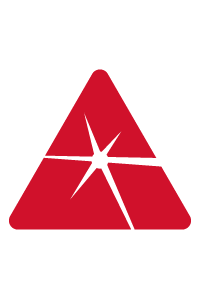Product Code: ICAL07_1607
Welding of Ti-6Al-4V with Fibre Delivered Laser Beams
Authors:
Paul Hilton, TWI Ltd.; Great Abington, Cambridge Great Britain
Jonathan Blackburn, Laser Processing Research Centre, The University of Manchester; Manchester Great Britain
Pak Chong, Welding and Materials; Aberdeen Great Britain
Presented at ICALEO 2007
Titanium alloys offer higher strength to weight ratios than steels, better fatigue performance than aluminium alloys and better corrosion resistance than aluminium alloys and stainless steels and are now increasingly used in applications in the aerospace, chemical plant, power generation, oil and gas, medical and sporting goods sectors. For aerospace applications in particular, weld quality in this material is very important, the occurrence of porosity being of particular concern. There are many potential benefits arising from the use of lasers for welding titanium alloys, however, there is little published information which quantifies the levels of porosity formed during welding under different conditions. In addition, the qualitative information currently available would indicate it is easier to produce high quality welds in titanium alloys using CO2 lasers, than by using one micron wavelength fibre delivered laser beams. This paper will present results using Nd:YAG and fibre lasers, for the autogenous welding of Ti-6Al-4V alloy at 2,3,5 and 9mm thickness. The quality of the resulting welds will be discussed, particularly with respect to porosity levels obtained and the weld profiles achieved. The results are quantified with respect to current aeroengine manufacturers weld quality criteria

$28.00
Members: $28.00
Note: When applicable, multiple quantity discounts are applied once the items are added to your cart.
